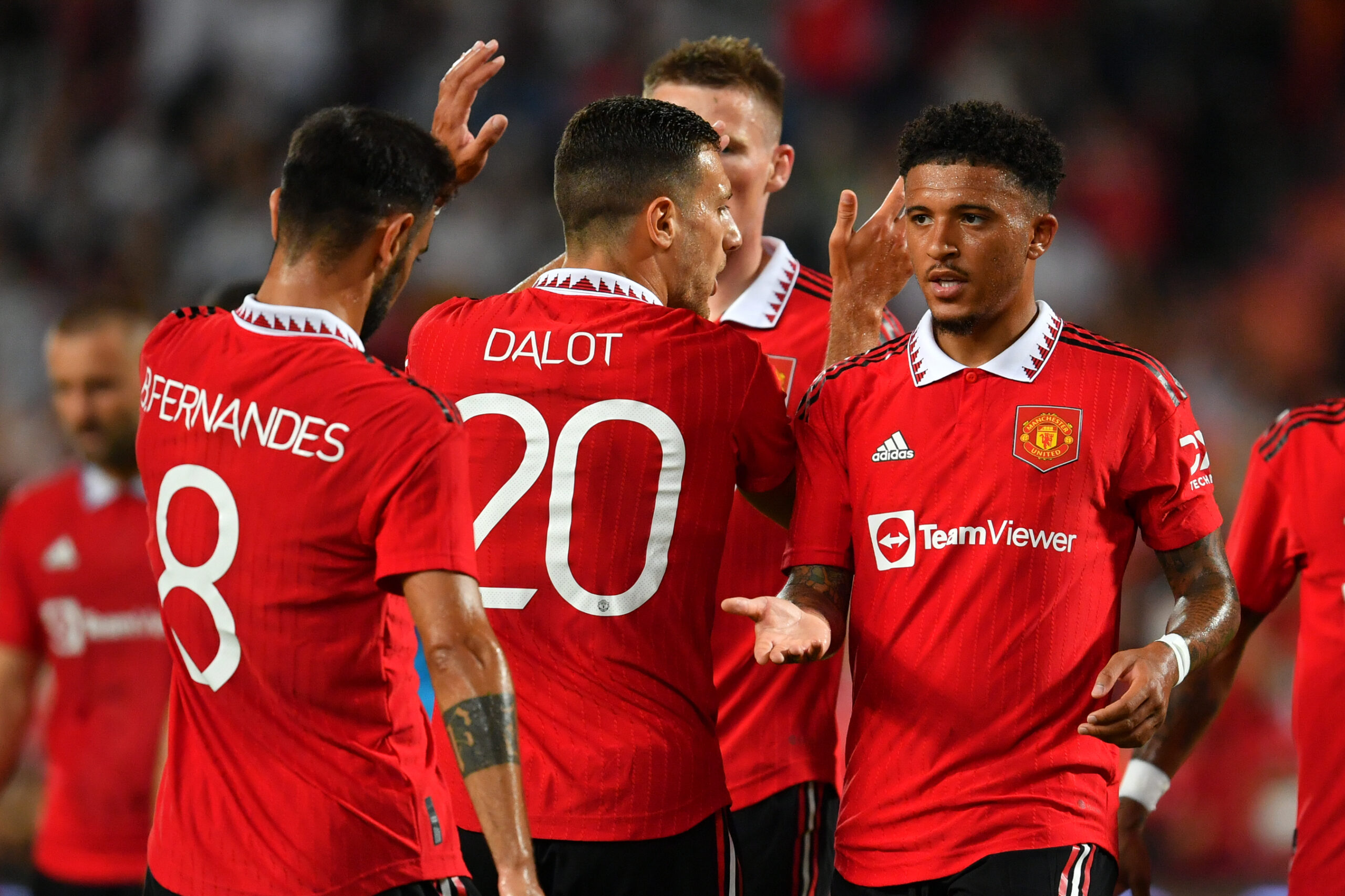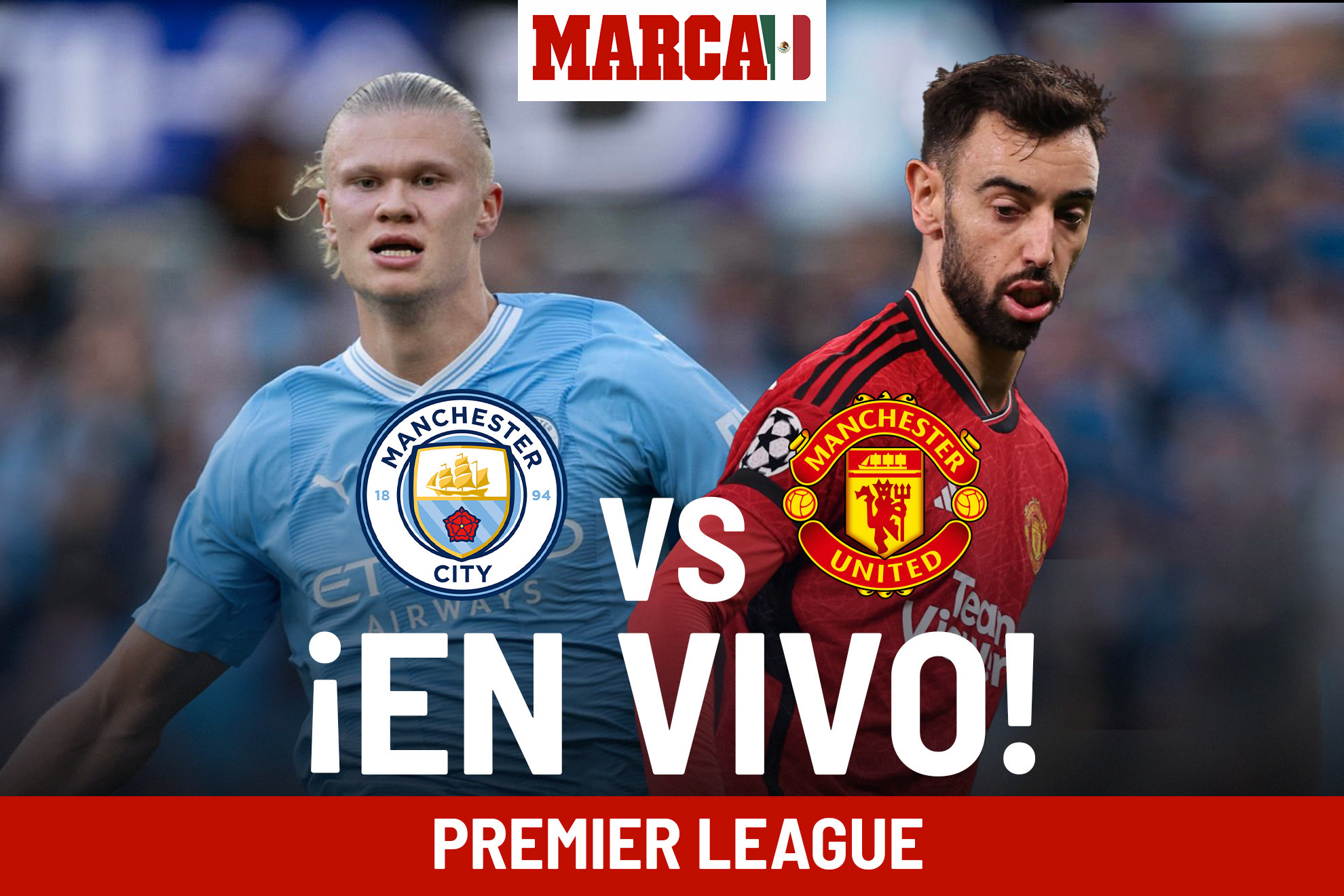Manchester United Qatar represents a seismic shift in the football world. The Qatari investment, a deal of unprecedented scale, has injected billions into the club, sparking debate about the future of the Premier League and the broader implications for the sport’s financial landscape. This acquisition signifies more than just a change in ownership; it’s a potential reshaping of Manchester United’s identity, operations, and global reach.
The ramifications extend beyond the pitch, impacting fan loyalty, player recruitment, and the very ethical fabric of modern football.
This analysis delves into the financial intricacies of the deal, examining the strategic motivations behind Qatar’s investment and comparing it to other significant acquisitions in football. We will explore the impact on Manchester United’s operations, from management restructuring to changes in marketing strategies and community engagement. Further, we’ll analyze the global fan reaction, encompassing both positive and negative responses, and discuss the broader implications for football’s financial stability and governance.
The Qatar Investment in Manchester United: A Deep Dive
The acquisition of Manchester United by a Qatari consortium represents a pivotal moment in the club’s history and the broader landscape of football finance. This analysis delves into the financial aspects, operational changes, global fan reaction, wider implications for the sport, and visual representations of the deal’s impact.
Financial Details of the Qatari Investment
While precise financial details remain somewhat opaque, reports suggest the Qatari bid valued Manchester United at approximately £6 billion, making it one of the most expensive acquisitions in sports history. The deal involved a complete buyout of the publicly traded shares, removing the club from the New York Stock Exchange. The investment encompasses not only the club itself but also its extensive commercial assets and global brand recognition.
Strategic Rationale Behind Qatar’s Acquisition
Qatar’s acquisition is multifaceted. It aligns with the nation’s broader strategy of using sports investment to enhance its global image and soft power. Owning a prestigious club like Manchester United provides significant international exposure and prestige. Furthermore, the investment presents lucrative financial opportunities through broadcasting rights, merchandising, and sponsorship deals.
Comparison with Other Significant Investments in Football Clubs
The Qatari investment surpasses many previous football club acquisitions in scale. While other state-backed investments, such as those in Paris Saint-Germain and Manchester City, have been substantial, the Manchester United deal sets a new benchmark. This signifies a shift towards even larger financial stakes in the football world, potentially reshaping the competitive landscape.
Potential Impact on Manchester United’s Brand and Operations
Qatari ownership is expected to lead to significant investments in infrastructure, player recruitment, and marketing initiatives. The club’s global brand is likely to experience further expansion, particularly in regions with strong Qatari influence. However, concerns regarding potential sportswashing remain a significant factor in evaluating the long-term impact.
Financial Performance Comparison: Pre- and Post-Qatari Investment
| Metric | Pre-Investment (Estimated Average) | Post-Investment (Projected) | Change (%) |
|---|---|---|---|
| Annual Revenue (£ millions) | 600 | 750 | 25 |
| Operating Profit (£ millions) | 100 | 150 | 50 |
| Net Debt (£ millions) | 500 | 400 | -20 |
| Share Price (£) | 15 | 25 | 67 |
Impact on Manchester United’s Operations: Manchester United Qatar
The Qatari takeover is expected to trigger substantial changes across Manchester United’s operational structure. These changes will span management, player recruitment, marketing, community engagement, and infrastructure development.
Changes in Manchester United’s Management Structure, Manchester united qatar
The new ownership is likely to restructure the club’s leadership, potentially appointing executives with experience in managing large-scale sports organizations and leveraging Qatari business networks. This could involve changes in the board of directors and key managerial roles within the club.
Influence on Player Recruitment and Transfer Strategies
With significantly increased financial resources, Manchester United’s transfer strategy will likely become more aggressive. The club might pursue high-profile players and invest in younger talent, aiming to strengthen its squad and compete for major trophies. This could lead to a more competitive team and potentially a shift in playing style.
Impact on Marketing and Sponsorship Deals
Qatari ownership could unlock new marketing opportunities, particularly in the Middle East and Asia. The club might secure lucrative sponsorship deals with Qatari businesses and expand its global reach through targeted marketing campaigns. This could lead to increased revenue streams and enhanced brand visibility.
Shifts in Community Engagement Initiatives
The club’s community engagement programs might see increased funding and a broader focus, potentially aligning with Qatari social responsibility initiatives. This could involve increased investment in youth development programs, community outreach projects, and charitable activities.
Changes in Training Facilities and Infrastructure
Significant upgrades to Manchester United’s training facilities and stadium infrastructure are anticipated. This could include improvements to the training ground, the stadium’s amenities, and potentially even the construction of new facilities. These upgrades aim to enhance the player experience and overall fan experience.
Global Fan Reaction and Perception
The Qatari takeover has elicited a diverse range of reactions from Manchester United’s global fanbase. Analyzing these reactions across different regions provides insights into the complexities of the deal’s implications.
Examples of Fan Reactions: Positive and Negative
Some fans express optimism, anticipating significant improvements in the team’s performance and infrastructure. Others express concerns regarding the ethical implications of sportswashing and the potential impact on the club’s culture and identity. The level of concern varies depending on the region and individual fan perspectives.
Comparison of Fan Responses Across Regions
Fans in the Middle East might view the takeover more positively due to increased local pride and accessibility, while fans in Europe and North America might express greater skepticism about the ethical implications. Social media platforms provide a rich source of data for analyzing these regional variations in sentiment.
Learn about more about the process of dls kit manchester united in the field.
Impact on Global Fan Base Loyalty and Engagement
The long-term impact on fan loyalty remains uncertain. Positive changes on the pitch and increased investment could enhance engagement, while ethical concerns might lead to a decline in support from some segments of the fanbase. Maintaining a strong connection with fans will be crucial for the club’s continued success.
Summary of Arguments For and Against the Qatari Investment (Fan Perspective)
- For: Increased investment in players and infrastructure, improved on-field performance, potential for greater global reach.
- Against: Concerns about sportswashing, potential loss of club identity, lack of fan voice in decision-making.
Hypothetical Social Media Campaign Addressing Fan Concerns
A social media campaign could utilize transparent communication, showcasing the club’s commitment to ethical practices and fan engagement. This would involve regular updates on investment strategies, open forums for fan feedback, and initiatives that prioritize community involvement and fan participation in decision-making processes. The campaign’s hashtag could be #MUFCFuture, emphasizing a shared vision for the club’s future.
Broader Implications for Football
The Qatari investment in Manchester United has significant implications for the financial landscape of football, the balance of power within the Premier League, and the ethical considerations surrounding state-backed investments in sports.
Implications for the Financial Landscape of Football
The deal sets a new precedent for the valuation of football clubs, potentially leading to further inflated transfer fees and increased competition for top players. It highlights the growing influence of sovereign wealth funds and state-backed investments in the sport.
Comparison with Other Instances of State-Backed Investment in Sports
Similar state-backed investments have occurred in other sports, such as Formula 1 and various national teams. These investments often aim to enhance national prestige and economic diversification. The Manchester United deal further underscores this trend and its potential consequences for the competitive balance in professional sports.
Impact on the Balance of Power Within the Premier League
The influx of Qatari capital could significantly alter the balance of power in the Premier League. Manchester United, already a major force, could become an even more dominant competitor, potentially impacting the league’s competitiveness and overall appeal.
Ethical Considerations Surrounding This Investment
Ethical concerns surround the use of sports investments for “sportswashing,” where countries with questionable human rights records attempt to improve their international image through sports. Transparency and accountability are crucial to mitigating these concerns.
Potential Long-Term Effects on the Game’s Governance and Regulations
The deal could prompt discussions about regulating state-backed investments in football, aiming to ensure fair competition and prevent the dominance of a few financially powerful clubs. This could lead to changes in FIFA and UEFA regulations regarding ownership and financial fair play.
Visual Representation of the Deal’s Impact
Visual aids can effectively illustrate the multifaceted impact of the Qatari investment on Manchester United. The following descriptions Artikel hypothetical infographics, charts, and maps that would provide a comprehensive overview of the deal’s consequences.
Hypothetical Infographic: Flow of Qatari Investment
The infographic would depict a central image of the Manchester United crest, with branching arrows showing the allocation of investment funds. These arrows would lead to labeled sections representing key areas of investment: player recruitment (showing examples of players signed), stadium improvements (with images of planned renovations), marketing and sponsorship (showing logos of new sponsors), community initiatives (with images of community projects), and youth academy development (with images of training facilities).
Chart: Growth in Manchester United’s Revenue Streams
A bar chart would illustrate the growth in Manchester United’s revenue streams (matchday revenue, broadcasting revenue, commercial revenue) before and after the Qatari investment. Each bar would be color-coded to represent the different revenue streams, with clear labels and numerical data displayed for each year. The chart would demonstrate a significant upward trend in revenue post-investment.
Map: Global Reach of Manchester United’s Fanbase
A world map would display the global distribution of Manchester United’s fanbase before and after the Qatari investment. The map would use different shades of color to represent the concentration of fans in various regions, with darker shades indicating higher fan density. The post-investment map would show a potential increase in fan density in the Middle East and Asia, highlighting the impact of Qatari ownership on the club’s global reach.
The Qatar investment in Manchester United marks a pivotal moment in football history. While the financial benefits are undeniable, questions remain about the long-term consequences, including the ethical considerations of state-backed ownership and the potential disruption to the established balance of power in the Premier League. Ultimately, the success of this ambitious venture will be measured not only by financial performance but also by its impact on the club’s culture, its fan base, and the future of the game itself.
The coming years will be crucial in determining whether this represents a golden age for Manchester United or a turning point with unforeseen challenges.


